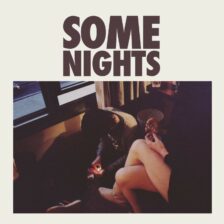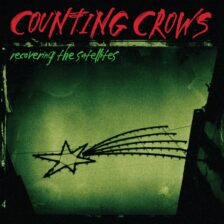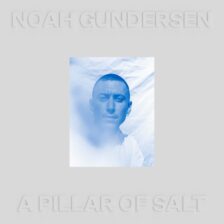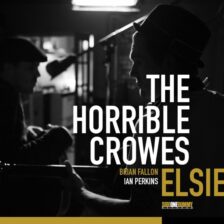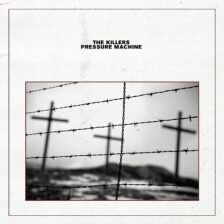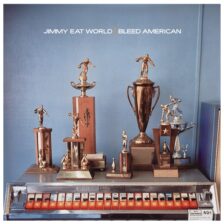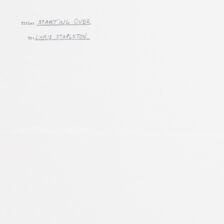I never thought I’d need music again like I did in 2020.
I spent big chunks of 2018 and 2019 sorting back through records that had been formative in my life, first from the 2000s and then the 2010s. If anything, those processes showed me that the way I listened to music and connected with it had largely changed. And that made sense: the 2000s were the decade where I came of age, where I fell in the love with music for the first time, and where I went through the tumult of high school and all the joys and stumbles that path entails; the 2010s were my college years, the decade where I fell in love with my wife, where I saw my big youthful dreams die, where I saw another set of dreams sprout up to take their place, where I got married, and where I found my way toward contentment in my professional and personal life.
That kind of contentment is a gift, but it can also change the way you connect with art. When you’re young, you latch onto music in a primal way, because your emotions are heightened and every year brings so many milestones and so much change. Settling into the routine of adulthood affords fewer reasons to rely on an album like it’s a lifeline, or to listen to a song and feel like it might have just saved your life. Looking back at my year-end lists from the past two years, it’s clear to me that I was losing that visceral bond with the songs I thought I loved. While there are albums I adore on those lists, there are also many that don’t have any true relationship with beyond simple appreciation. 2020 was different. The world was a storm and I turned to music again as my raincoat, not unlike the way I used to in high school or college and facing a broken heart or a moment of crisis.
In recent days and weeks, as countless music fans across the internet have shared their “best of 2020” lists, I’ve read time and time again that folks “didn’t listen to much new music in 2020.” Maybe they felt they lacked the mental or emotional capacity to process anything else that was new and unfamiliar when our entire way of life suddenly seemed alien. Maybe people were just retreating to albums and songs they’d loved for years, taking solace in sounds that felt like old friends.
That wasn’t me: I spent the year putting out a call to the music world to give me something, anything that made me feel alive, or that spoke to the hope or grief or resilience or frustration I was feeling at any given moment. And the artists more than answered that call, delivering music that kept me afloat through it all, from the early days of the pandemic to a summer that never quite was, and from the jitters of election night through to the melancholy sadness that floated over the holiday season. It’s my favorite single-year slate of albums in at least half a decade – a list where I feel a more emotional connection with the LP at number 26 than I did with last year’s number 6. For the sake of the world and my own mental health, I hope I don’t have a reason to lean on music as much in 2021 as I did in 2020. But during a time when almost everything around me felt like it was falling apart, these albums gave me the hope and faith to keep going. I’ll never forget that.
Read More “Craig Manning’s Top Albums of 2020”
